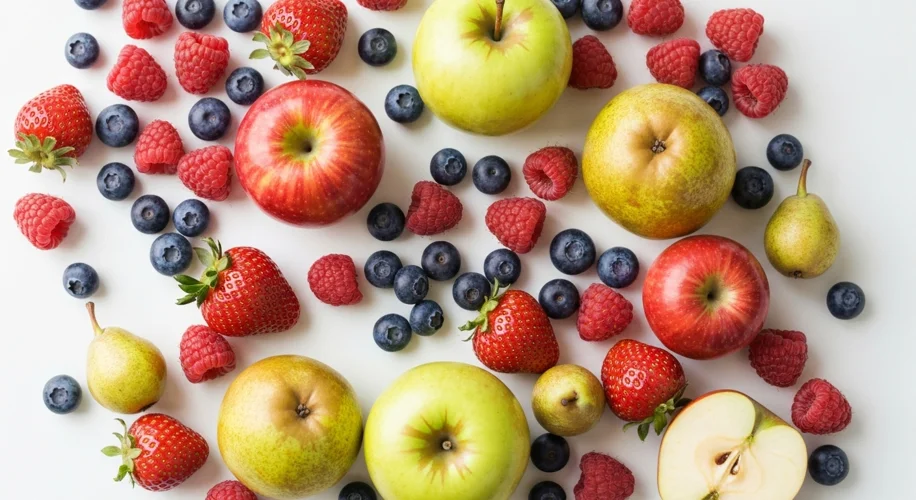It’s concerning to see a rise in colon cancer cases among younger adults. This isn’t a trend anyone wants to see, and as someone who cares about our health and how our environment influences it, I wanted to dig into what might be contributing and what we can do.
Recent observations show an uptick in colorectal cancer diagnoses for people under 50. While the exact causes are complex and still being studied, experts are pointing to lifestyle factors, and importantly, our diets, as significant influences. This is a powerful reminder that what we put into our bodies daily can have long-term health impacts.
Dr. Anya Sharma, a leading oncologist, recently shared some insights on this growing issue. She emphasized that while genetics play a role, dietary choices can either help mitigate or exacerbate risk. “We’re seeing a generation that’s grown up with highly processed foods, lower fiber intake, and less overall nutrient density,” Dr. Sharma noted. “Our gut health is intrinsically linked to our immune system and overall well-being, and diet is the primary driver of gut health.”
So, what can we do? Dr. Sharma highlighted several fruits that, as part of a balanced diet, may help lower the risk of colon cancer. These aren’t magic bullets, but they offer fantastic nutritional benefits:
- Berries (Raspberries, Blueberries, Strawberries): Packed with antioxidants and fiber, berries can help combat inflammation and support a healthy gut microbiome. The fiber is key, as it aids digestion and can help remove potential carcinogens.
- Apples: Rich in fiber and polyphenols, apples can also contribute to a healthier digestive tract. They act as prebiotics, feeding the beneficial bacteria in your gut.
- Pears: Similar to apples, pears are a good source of fiber and beneficial plant compounds that support gut health.
It’s not just about adding these fruits, though. It’s about building a diet that’s rich in whole foods – plenty of vegetables, lean proteins, and whole grains, while limiting processed meats, sugary drinks, and refined carbohydrates. Think of it as fueling your body with the best possible ingredients to keep its complex systems running smoothly.
As someone with a background in environmental science, I often think about how our surroundings impact us. But today, the focus is on our immediate surroundings: what’s on our plates. Making informed choices about our diet is one of the most accessible ways we can proactively support our health and potentially reduce our risk of serious diseases like colon cancer. It’s about empowering ourselves with knowledge and making small, consistent changes that add up over time.

